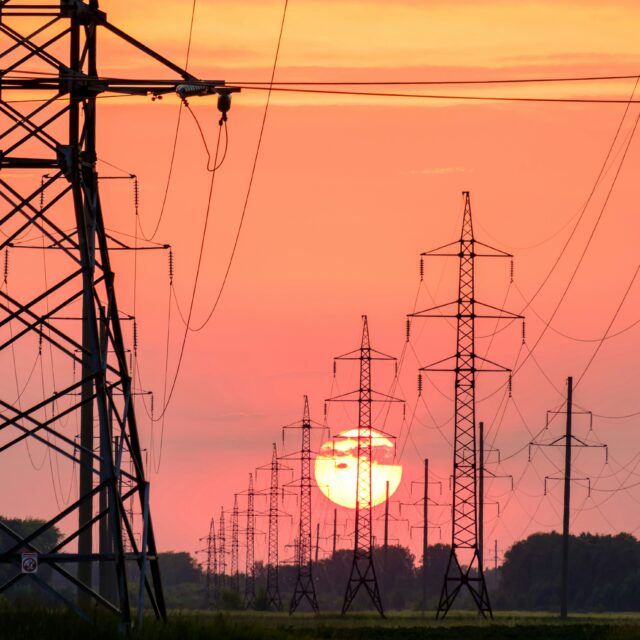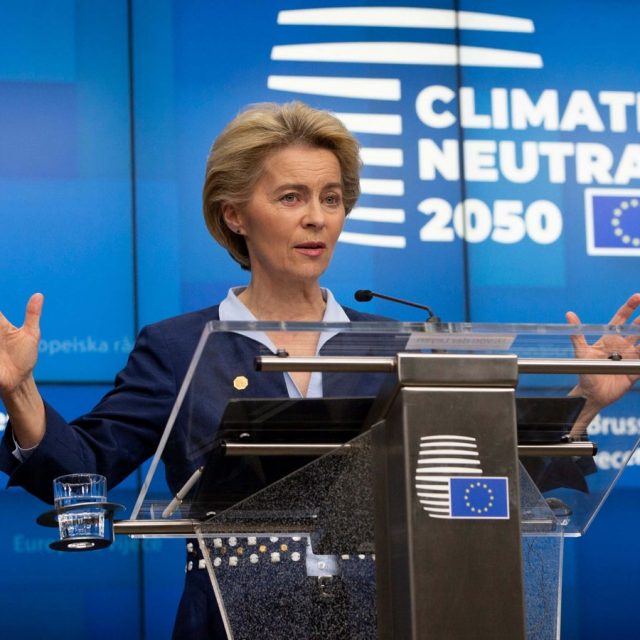Photo by Karsten Würth on Unsplash
Climate action Network (CAN Europe) has launched a national energy and climate plans tracker tool which,it says, highlights “disparities” between national climate and energy commitments and the actual emission reductions and energy transition at country level.
In the aftermath of the European Commission’s announcement of intending to set a 90% net greenhouse gas emissions reduction target for the entire EU by 2040, the new tool claims to reveal that climate action on the ground does not go at the speed needed.
A CAN Europe spokesman said, “Despite marginal improvements compared to the previous NECPs cycle, the climate and energy trajectories towards 2030 of the new draft NECPs are not in line with the Paris Agreement to keep global temperature to 1.5°C. In many cases, as also emphasised by the Commission’s assessment last December, the draft plans even fall short of meeting the EU’s own 2030 climate and energy targets, which in itself are insufficient.”
Chiara Martinelli, director at CAN Europe, added, “Ambitious NECPs offer Member States a pathway to reap the rewards of accelerated climate action, setting the pace for the 2040 ambition.”
“Weak plans and negligence in their implementation are unacceptable at this critical juncture. Member States must work together for a safe, affordable, and sustainable present and future.”
The group says that the tracker shows that most of the new plans lack key targets that are crucial for an effective implementation.
This is notably the case for sectoral climate targets, as for agriculture or transport, which, while not strictly mandatory under the Governance Regulation, are fundamental for assessing the level of ambition and monitoring the implementation of the policies and measures towards the 2030 climate and energy targets.
The spokesman said, “Additionally, the tracker also highlights that the implementation of current NECPs is not always advancing at the speed Member States committed to.”
“In their final NECP update due for this June, Member States must include strong policies and measures to pick up the pace in the deficient sectors, based on a transparent and consistent analysis of data.”
Federico Mascolo, NECPs expert at CAN Europe, added, “Consistency and accuracy of data are paramount for crafting effective policies and engaging stakeholders in planning and decision-making.”
“Member States must prioritize enhancing data quality in their NECP updates to be submitted to the European Commission by June 2024 and subsequent 2025 NECP Progress Reports, ensuring alignment across national and EU-level legislation, plans, and official documents”.




